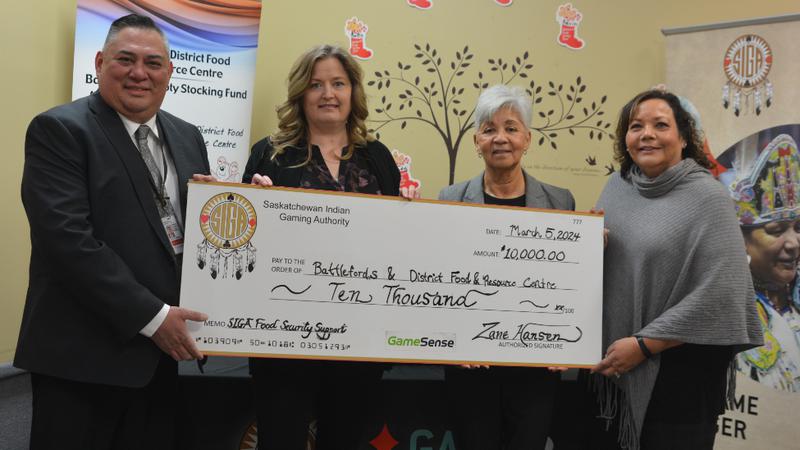
With no federal assisted-dying law, Sask. docs will rely on provincial regulations
A 2015 Supreme Court ruling is set to become the law of the land when it comes to doctor-assisted dying in Canada — but Saskatchewan physicians will still be bound by provincial regulations.
The high court previously ruled doctors shouldn’t face criminal charges for helping patients die in certain circumstances. In the decision, known as the Carter ruling, the justices gave the federal government about a year to draft and pass new legislation. That deadline passed on Monday.
Bryan Salte, associate registrar and legal counsel for the College of Physicians and Surgeons of Saskatchewan (CPSS), said the provincial body passed its own standards in November 2015.
“We recognized in 2015 that there was some possibility that there might not be legislation in place by the time the deadline occurred,” he said.


